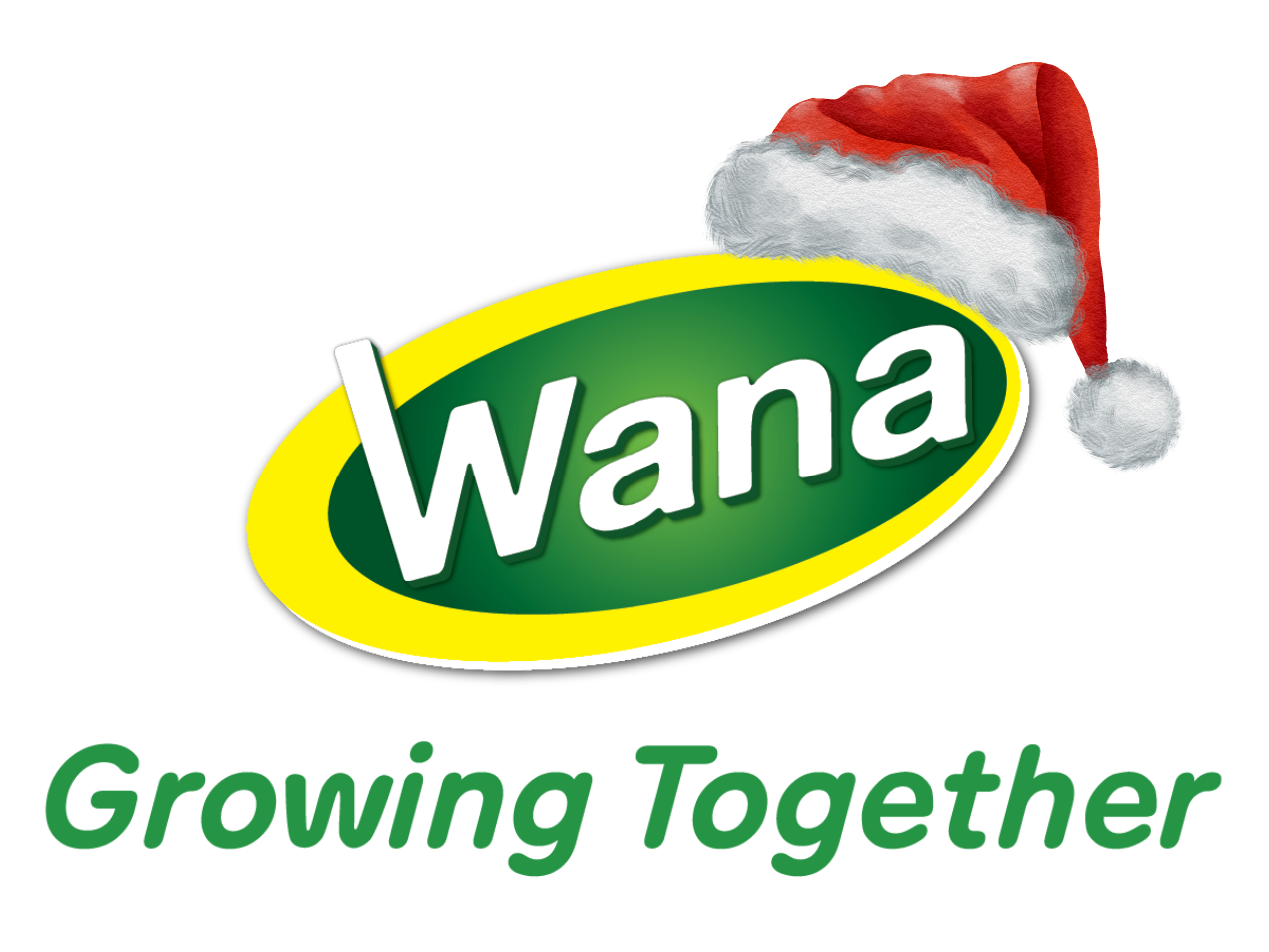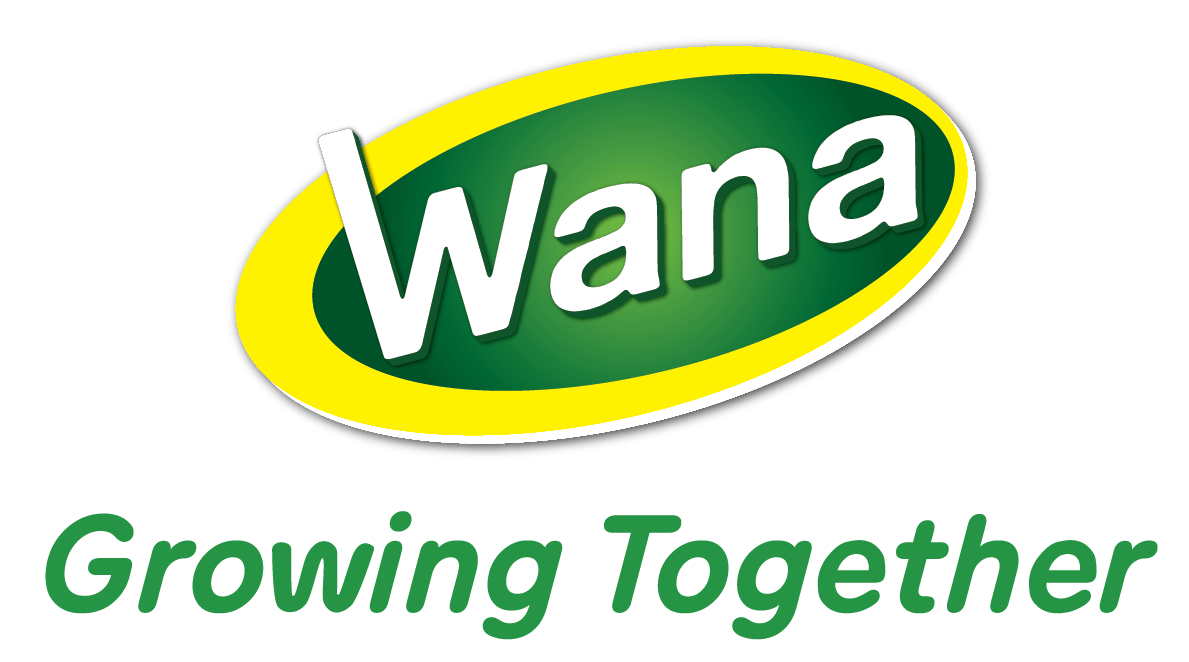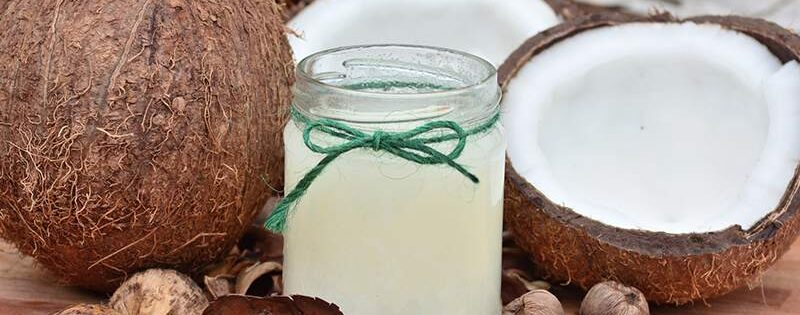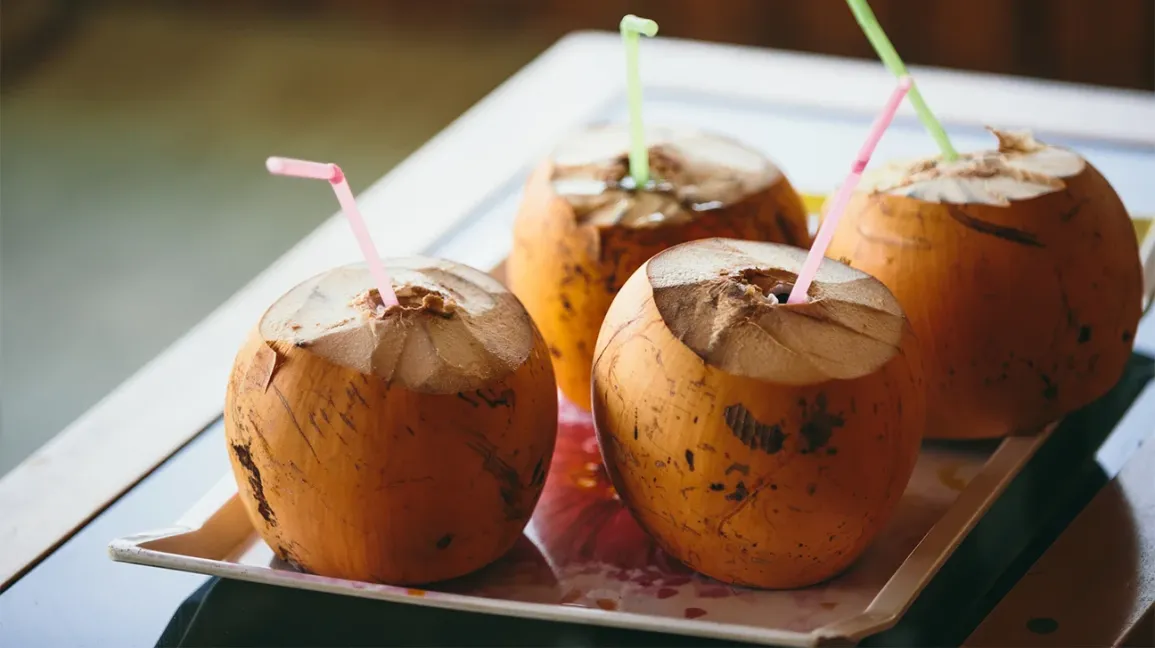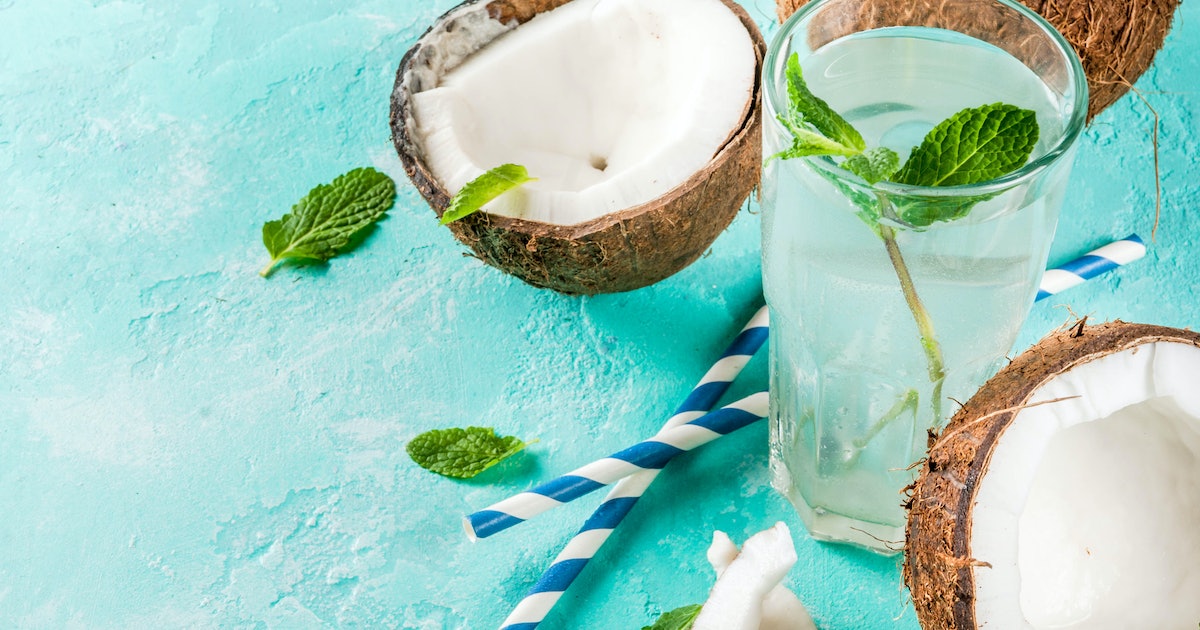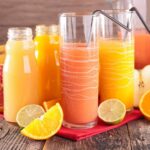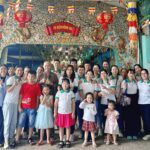WANA Beverage is gearing up to make a substantial impact at the highly anticipated China International Import Expo (CIIE) 2023. As the premier Coconut Water supplier, WANA Beverage has garnered a well-earned reputation for delivering premium, pure, and thirst-quenching coconut water products that have won the hearts of consumers far and wide. With an unwavering commitment to quality and sustainability, WANA Beverage is poised to captivate attendees at CIIE 2023 with our dedication to health-conscious choices!
About WANA Beverage – A Coconut Water Supplier from Vietnam
WANA Beverage, a prominent and innovative Coconut Water Supplier from Vietnam, is committed to nurturing a future where quality, sustainability, and shared growth are at the core of its mission. With the slogan “Growing together” as our guiding principle, WANA Beverage, a coconut water supplier, not only delivers the purest and most refreshing coconut water products but also embodies a vision of collaborative progress.
Read more: WANA Beverage – A Leading Juice Manufacturer in Vietnam
From the Coconut Tree in Vietnam…
Coconut, often referred to as the “Tree of Life,” holds a special place in the heart of Vietnam, particularly in regions like Bến Tre. Renowned for its abundant coconut groves, Bến Tre is often hailed as the “Coconut Kingdom” of Vietnam.
The coconut tree’s significance in Bến Tre is deeply embedded in the local culture and daily life. It provides not only a source of livelihood for countless families but also a source of natural materials for various products, such as woven handicrafts, coconut oil, and the ever-popular coconut candy. Beyond these uses, coconut water has emerged as a global sensation, celebrated for its hydrating and healthful properties. It’s no wonder that Bến Tre’s coconut water is often considered some of the finest in the world, given the region’s dedication to cultivating coconuts of the highest quality.
The tropical climate, abundant rainfall, and nutrient-rich soil in Bến Tre create the perfect conditions for growing coconuts with a rich, sweet, and aromatic taste. Locals take great pride in their coconut groves and the careful cultivation of coconuts. Coconut water from Bến Tre is not just a beverage; it’s a reflection of the region’s dedication to preserving tradition and harnessing the bounties of nature. Today, Bến Tre’s coconut water is not only a local delicacy but also a sought-after export product, celebrated internationally for its natural purity and irresistible flavor.
To The Manufacturing Process
The manufacturing process of OEM (Original Equipment Manufacturer) coconut water typically involves a series of steps to ensure the production of high-quality and consistent coconut water products. Here’s an overview of the key steps in the manufacturing process:
Cleaning and sanitizing
The cleaning and sanitizing of coconut water is a critical step in the manufacturing process, ensuring the safety and purity of the final product. To begin, the harvested coconuts are subjected to a thorough cleaning process. This initial cleaning step involves removing any external dirt, debris, or contaminants from the outer husk of the coconuts. It’s essential to prevent any foreign particles from coming into contact with the coconut water, as they can compromise the product’s quality and safety. Once the coconuts are visually clean, they are ready for further processing.
Following the initial cleaning, the coconuts are carefully sanitized to eliminate any potential pathogens or microorganisms that might be present on the surface. This is achieved through methods such as washing, rinsing, or immersion in a sanitizing solution. The choice of sanitization method may vary depending on industry standards and specific manufacturing practices. Sanitization plays a pivotal role in minimizing the risk of foodborne illnesses and ensuring that the coconut water meets stringent safety standards. By maintaining a strict and hygienic cleaning and sanitizing process, manufacturers can produce coconut water products that are not only delicious but also safe for consumers to enjoy.
Filtration
Filtration is a crucial step in the production of coconut water, as it helps refine the liquid to achieve the desired clarity and purity. After the coconut water has been extracted and cleaned, it is typically passed through fine filtration systems to remove any remaining particles, impurities, or fragments of coconut meat. This step is essential for ensuring that the coconut water is crystal clear and free of solids, providing consumers with a visually appealing and enjoyable beverage. Effective filtration can enhance the product’s shelf life and improve its overall quality.
The filtration process commonly involves the use of various filters, such as screens, membranes, or centrifuges, which can remove both large and small particles. Some manufacturers may also employ multiple stages of filtration to achieve the desired level of purity. By effectively filtering the coconut water, manufacturers enhance its visual appeal and contribute to its smooth and consistent texture. This is especially important for maintaining the beverage’s natural and refreshing taste, making it a delightful choice for consumers seeking a pure and hydrating experience.
Heat Pasteurization
Heat pasteurization is a vital step in the manufacturing of coconut water, playing a pivotal role in ensuring the product’s safety, quality, and shelf life. After the coconut water has been extracted, cleaned, and filtered, it is typically subjected to heat treatment to eliminate potentially harmful microorganisms, such as bacteria and pathogens, that may be present in the liquid. This pasteurization process involves heating the coconut water to a specific temperature for a set duration, effectively sterilizing it while preserving the beverage’s natural flavor and nutritional qualities. Heat pasteurization is a well-established method for improving the microbiological safety of coconut water, making it suitable for consumption without the need for added preservatives.
The pasteurization process can vary depending on the manufacturer’s specifications, but it often involves the use of heat exchangers or pasteurization equipment to heat the coconut water quickly and evenly. The temperature and duration of the heat treatment are carefully controlled to strike a balance between eliminating harmful microorganisms and preserving the beverage’s taste and nutritional content. Proper pasteurization not only extends the shelf life of coconut water but also ensures that consumers can enjoy a product that is both delicious and safe. By undergoing this critical step, manufacturers can provide coconut water that is not only refreshing but also meets stringent quality and safety standards.
Packaging
Packaging is a fundamental aspect of the coconut water manufacturing process, as it not only protects the product but also plays a vital role in maintaining its quality and extending its shelf life. Once the coconut water has been processed, pasteurized, and quality-checked, it is then carefully filled into containers that vary based on the manufacturer’s choice and market preferences. Common packaging options include bottles, cans, tetra packs, and pouches, with each offering distinct advantages in terms of convenience, portability, and presentation. The choice of packaging plays a significant role in shaping consumers’ perception of the product, and it should align with the brand’s identity and consumer expectations.
To ensure the coconut water remains pure and uncontaminated during the packaging process, manufacturers employ strict hygiene practices. The filling and sealing equipment is cleaned and sanitized, and the entire operation is carried out in a controlled environment to prevent exposure to airborne contaminants. Packaging materials are carefully selected to maintain the product’s integrity and freshness, often including tamper-evident seals to guarantee product safety. Quality checks are also performed to verify that each container is properly filled and sealed before it leaves the production facility. By paying meticulous attention to the packaging process, manufacturers can deliver coconut water that is not only visually appealing but also protected from external factors that could compromise its quality.
Labeling and Branding
Labeling and branding are crucial aspects of the coconut water manufacturing process, as they serve to distinguish the product in a competitive market and communicate essential information to consumers. Once the coconut water has been packaged, the containers are adorned with labels that provide essential details such as the product name, nutritional information, manufacturing date, expiration date, and any specific health claims or certifications. The design and graphics on the labels are carefully considered to convey the product’s identity and resonate with the target audience. Manufacturers often collaborate with graphic designers and marketing experts to create labels that reflect the brand’s values and appeal to consumers. Labels play a critical role in both attracting customers and assuring them of the product’s quality.
Branding goes beyond labels; it encompasses the entire image and perception of the coconut water product. This includes the company’s logo, color scheme, and marketing strategies. A well-developed brand strategy helps build trust and recognition among consumers. Branding also extends to the product’s positioning in the market, which can highlight unique qualities such as its source, production methods, or sustainability practices. Effective branding not only differentiates the coconut water in a crowded marketplace but also fosters loyalty among consumers who identify with the brand’s message and values. It is a powerful tool for building and maintaining a strong presence in the competitive beverage industry, ensuring that the product stands out on the shelf and in the minds of consumers.
Quality Control and Testing
Quality control and testing are critical components of the coconut water manufacturing process, upholding the highest standards of a coconut water supplier. Trained professionals conduct sensory evaluations to ensure the product’s taste, aroma, and appearance meet the desired characteristics. Microbiological analysis involves testing for the presence of harmful microorganisms. In contrast, chemical analysis ensures that the coconut water complies with regulatory standards for attributes such as pH levels, sugar content, and acidity. These meticulous quality control procedures are essential to guarantee that each batch of coconut water not only meets but exceeds established quality benchmarks, providing consumers with a consistent and safe product they can trust.
Read more: Summer Drink: A Guide To Choose Coconut Water Supplier
Try Our Coconut Water At CIIE 2023
WANA, a leading coconut water supplier from Vietnam, is excited to showcase our dedication to quality, sustainability, and innovation on this global platform. We invite attendees to visit our exhibition, where they can sample our natural and hydrating coconut water products that have garnered acclaim for their exceptional taste and responsible sourcing practices. At WANA Beverage, we’re eager to introduce our vision of “Growing Together” and share our commitment to delivering the finest coconut water products from the heart of Vietnam to the world. Join us at CIIE 2023 and discover the authentic and pure taste of WANA’s coconut water, setting a new standard in refreshment and health-conscious choices.
—
𝐕𝐈𝐒𝐈𝐓 𝐖𝐀𝐍𝐀 𝐁𝐄𝐕𝐄𝐑𝐀𝐆𝐄 𝐀𝐓 𝐓𝐇𝐄 𝐂𝐇𝐈𝐍𝐀 𝐈𝐍𝐓𝐄𝐑𝐍𝐀𝐓𝐈𝐎𝐍𝐀𝐋 𝐈𝐌𝐏𝐎𝐑𝐓 𝐄𝐗𝐏𝐎 𝐈𝐍 𝐍𝐎𝐕𝐄𝐌𝐁𝐄𝐑
Date: November 5th, 2023 – November 10th, 2023
Location: Stand 1.2A5-04
Address: No.333 Songze Avenue, Shanghai, China
